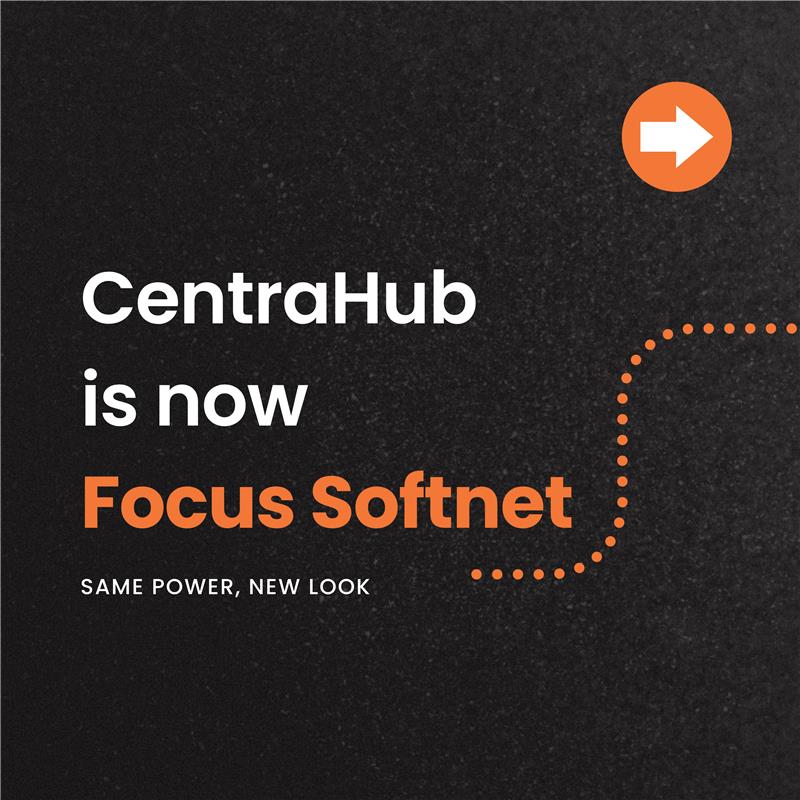

The field of human capital management (HCM) is experiencing a profound transformation with the integration of artificial intelligence (AI). As organizations strive to optimize and improve their workforce management strategies, AI is emerging as a pivotal force in shaping it.
This blog post delves into the revolutionary impact of AI in HCM on different human resource management processes. By harnessing the power of AI, these systems can help businesses to streamline their processes, elevate employee experiences, and make data-driven decisions.
AI is revolutionizing recruitment by leveraging advanced technologies to enhance the entire hiring process. AI-powered recruitment tools automate time-consuming tasks such as resume screening, candidate sourcing, and interview scheduling. Machine learning algorithms enable intelligent candidate matching and assessment, minimizing bias and improving the quality of candidate selection.
AI-driven chatbots and virtual assistants offer personalized candidate experiences, providing information, answering queries, and guiding candidates through the application process. With the help of AI, recruiters can even streamline workflows, identify top talent more efficiently, and create a more engaging and efficient recruitment experience, ultimately leading to improved hiring outcomes and a rightly skilled workforce.
AI is driving significant transformations in HR technology, enabling organizations to streamline their HR operations and enhance employee experiences. Chatbots and virtual assistants powered by AI can handle routine HR queries. This automation frees up HR professionals to focus on strategic initiatives and employee engagement. The system further automates administrative tasks, such as leave management, time tracking, and employee onboarding, leading to increased efficiency and reduced errors.
AI enables organizations to leverage predictive analytics to gain insights into employee behaviors, sentiment, and performance. AI technology can also leverage predictive analytics to analyze employee data to gain insights into employee behaviors, sentiment, and performance. This helps them identify patterns and trends, enabling organizations to proactively address issues related to employee engagement, satisfaction, and retention.
AI is redefining performance management by providing real-time feedback, personalized development plans, and data-driven insights. AI-powered performance management systems offer continuous monitoring, allowing managers to provide timely feedback and coaching. These systems also leverage data analytics to identify patterns and trends, helping organizations make informed decisions about employee development and succession planning. AI-driven performance management promotes a culture of continuous improvement, enhances employee engagement, and contributes to overall organizational success.
Predictive analytics, powered by AI in HCM software enables organizations to make data-driven decisions about their workforce. AI algorithms analyze vast amounts of employee data, including performance metrics, historical behavior patterns, and other external factors, to provide predictive insights on future trends and outcomes. This information empowers HR leaders to make proactive decisions related to talent acquisition, succession planning, workforce planning, and employee retention. With predictive analytics, organizations can even align their human capital strategies with business objectives and gain a competitive edge by leveraging actionable insights.
As AI becomes more pervasive in HCM, organizations must address ethical considerations and adopt a human-centric approach. Transparency, fairness, and accountability are crucial in ensuring AI systems do not perpetuate bias or discrimination. Human oversight and intervention are necessary to validate AI-generated recommendations and decisions. Moreover, organizations should prioritize employee well-being and ensure that AI technology enhances, rather than replaces, human interactions. Emphasizing empathy, ethics, and inclusivity will be vital to create a harmonious balance between AI and human-driven HCM software practices.
AI is the future of HCM software, offering unprecedented opportunities for organizations to optimize their workforce management strategies. Therefore, implementing an AI-powered HCM system could complement human expertise, ultimately empowering organizations to unleash the full potential of their workforce.